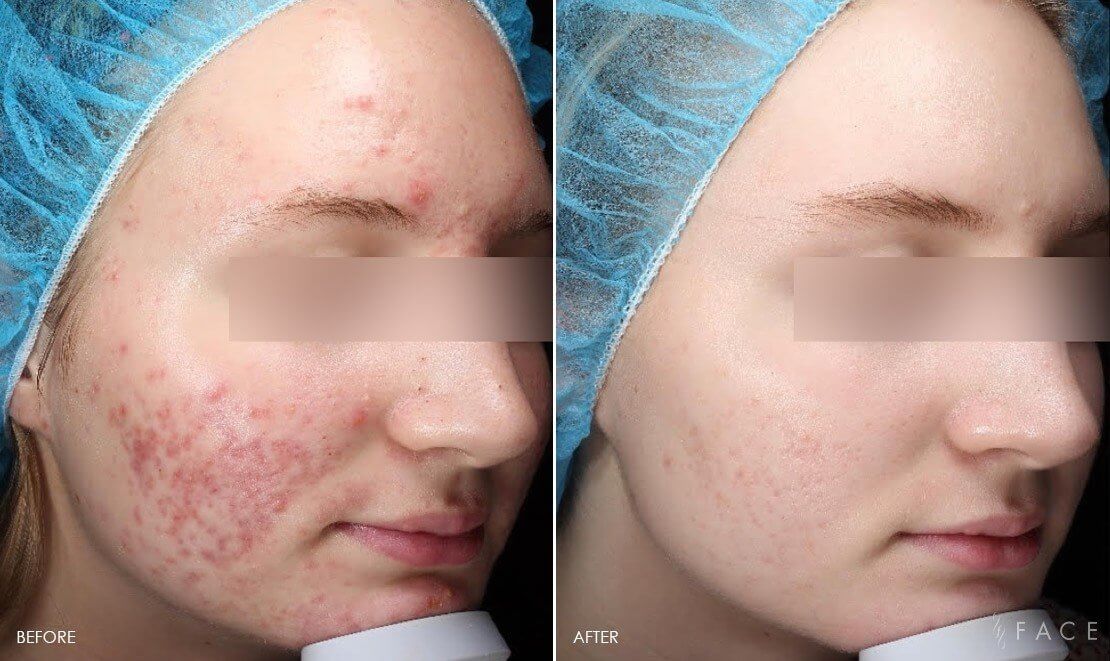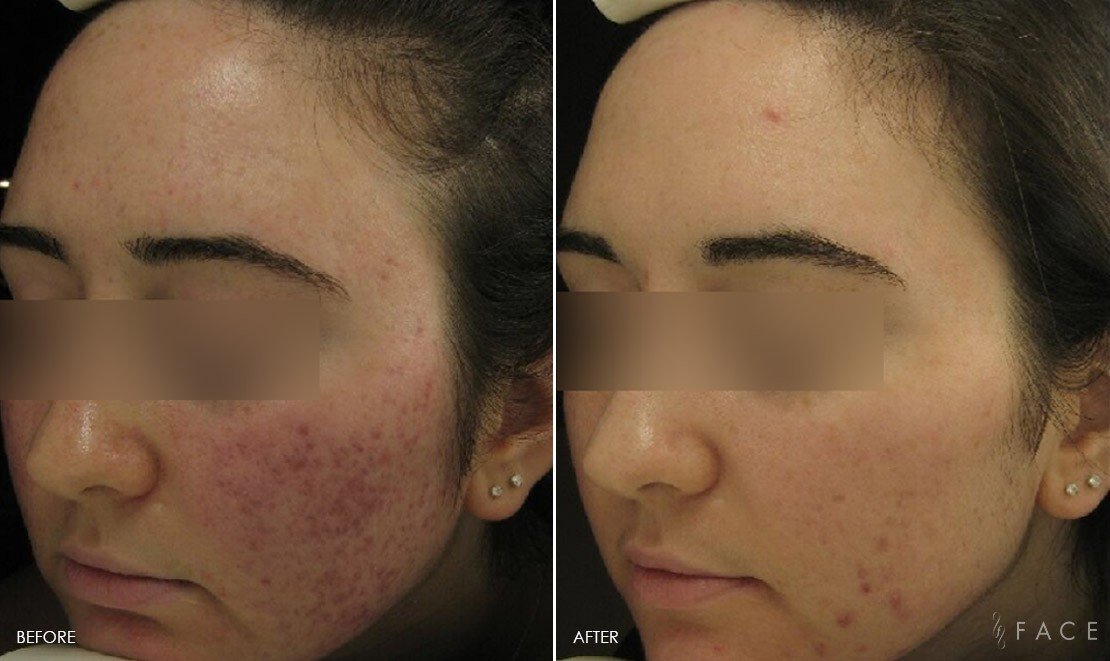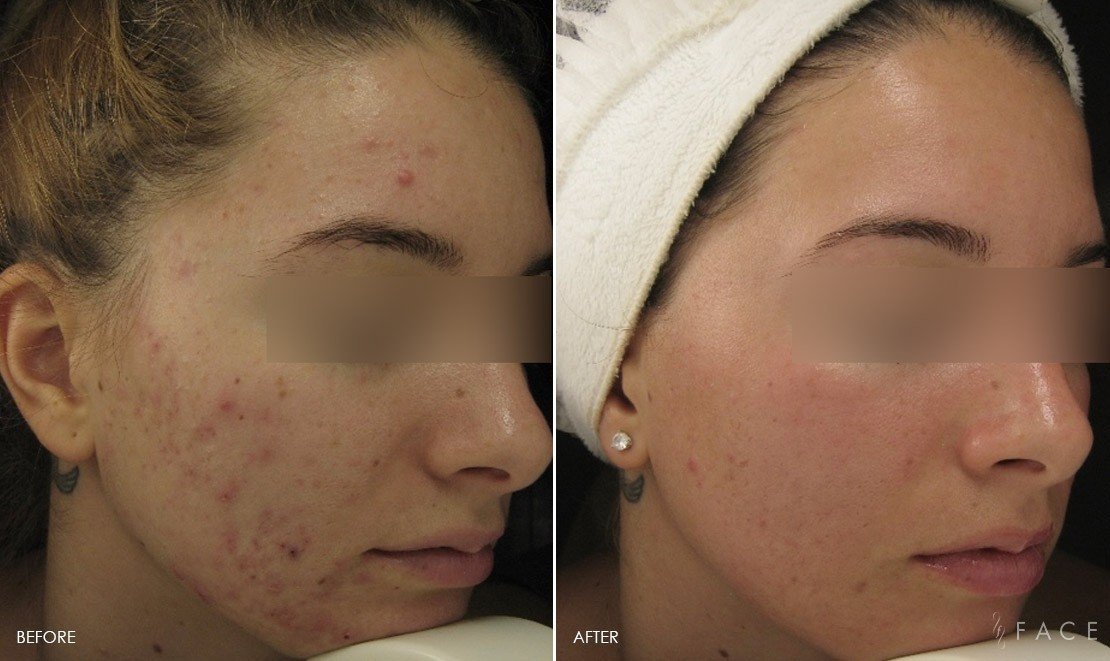Vitamin IV therapy offers fast nutrient absorption, improved hydration, and energy boosts. However, it has downsides, including high costs, potential side effects, and limited scientific backing for its wellness claims. It’s often used for symptom relief but requires careful consideration.
In this guide, we’ll explore the benefits, risks, and common uses of vitamin IV therapy to help you decide if it’s the right fit for your health and wellness goals.
What Is Vitamin IV Therapy?
Vitamin IV therapy, also called intravenous nutrient therapy, involves infusing a customized mix of nutrients directly into the bloodstream. Originally developed for medical use such as treating severe dehydration or nutrient deficiencies it has become a popular wellness treatment in recent years.
One widely used formulation is the Myers’ Cocktail, created by Dr. John Myers in the 1970s. This blend of magnesium, calcium, B vitamins, and vitamin C is often used to combat fatigue, migraines, and chronic conditions like fibromyalgia.
IV therapy is now widely offered in specialized clinics and wellness lounges, often paired with other treatments like HydraFacials, which also enhance hydration and skin health. Learn more about HydraFacials and their benefits.
Benefits of Vitamin IV Therapy
Faster Nutrient Absorption
Because IV therapy bypasses the digestive system, nutrients are absorbed directly into the bloodstream. This ensures nearly 100% bioavailability, compared to oral supplements, which are typically limited to about 50% absorption due to digestive processes.
This benefit is particularly significant for individuals with gastrointestinal issues, such as Crohn’s disease or celiac disease, which can impair nutrient absorption.
Improved Hydration
IV therapy is one of the fastest and most effective ways to rehydrate the body. The fluids in IV therapy are designed to restore hydration levels quickly, making it especially helpful for individuals recovering from dehydration caused by illness, heat, or physical exertion.
Studies show that IV hydration improves fluid balance by up to 85% within two hours, making it a preferred method for athletes and those recovering from hangovers.
Boosted Energy Levels
Treatments often include B vitamins, which play a crucial role in energy production. Many patients report feeling a significant energy boost shortly after their sessions, which can be particularly beneficial for individuals experiencing chronic fatigue or burnout.
Immune System Support
High doses of vitamin C are a common component of IV therapy. This powerful antioxidant may help strengthen the immune system, aiding recovery from illnesses like the common cold or flu.
For a more personalized approach to boosting wellness and recovery, consider treatments like PRP and PRFM, which also support the body’s healing processes. Discover more about PRP and PRFM benefits.
Symptom Relief for Specific Conditions
Vitamin IV therapy is often used to manage symptoms of various health issues, including:
- Migraines: Magnesium infusions can reduce the severity and frequency of migraines.
- Hangovers: A combination of fluids, electrolytes, and vitamins can alleviate symptoms like nausea and dehydration.
- Fibromyalgia: Anecdotal evidence suggests IV therapy helps relieve chronic fatigue and pain.
- Skin Health: Glutathione and biotin are common ingredients in beauty-focused IV treatments, designed to enhance skin elasticity and radiance.
Drawbacks of Vitamin IV Therapy
High Costs
One of the most significant downsides of IV therapy is its cost. A single session typically ranges between $100 and $300, depending on the formulation and clinic. Over time, the financial commitment can become substantial, particularly as most insurance providers do not cover IV therapy unless prescribed for medical conditions.
Potential Side Effects
While IV therapy is generally safe when performed by trained professionals, risks include:
- Infections: Poor sanitation can lead to infections at the injection site.
- Vitamin Toxicity: Overloading on fat-soluble vitamins like A and D can result in adverse effects, including organ damage.
- Electrolyte Imbalances: Excess potassium or magnesium can disrupt heart rhythms and cause muscle weakness.
- Vein Irritation: Frequent treatments may cause bruising or inflammation at the injection site.
Limited Scientific Evidence
Critics argue that there is insufficient research to substantiate the wellness claims surrounding IV therapy. While its medical applications, such as treating severe dehydration or supporting chemotherapy, are well-documented, its effectiveness as a beauty or energy-boosting treatment is less conclusive.
For more science-backed treatments aimed at hydration and rejuvenation, consider HydraFacial MD, a popular choice for enhancing skin health.
Overhydration and Kidney Strain
Excessive use of IV therapy can lead to overhydration, placing undue strain on the kidneys. This risk is particularly relevant for individuals with pre-existing kidney or heart conditions.
Popular Uses of Vitamin IV Therapy
Wellness and Recovery
Many people turn to IV therapy for post-workout recovery, hangover relief, or combating jet lag. The fluids and electrolytes in IV treatments help restore balance quickly, while added vitamins support overall energy and focus.
Medical Applications
Doctors often prescribe IV therapy to address specific medical needs, including:
- Severe Dehydration: IV fluids restore hydration more efficiently than oral rehydration.
- Nutrient Deficiencies: Patients with absorption issues or restrictive diets benefit from the direct delivery of vitamins and minerals.
- Cancer Care: IV therapy can alleviate fatigue and improve quality of life during chemotherapy, though it is not a cure.
Beauty and Anti-Aging
Beauty-focused treatments often feature ingredients like vitamin C, glutathione, and biotin. These compounds are believed to promote collagen production, reduce inflammation, and improve skin elasticity. For a deeper look at skin-enhancing treatments, explore must-have anti-aging ingredients.
Comparing IV Therapy to Oral Supplements
| Aspect | IV Therapy | Oral Supplements |
|---|---|---|
| Absorption Rate | Up to 90% (direct bloodstream) | Around 50% (via digestion) |
| Onset of Effects | Immediate | Hours to days |
| Cost | $100–$300 per session | $10–$50 per bottle |
| Convenience | Requires a clinic visit | Can be taken at home |
While IV therapy offers faster results, oral supplements are more accessible and affordable for long-term use.
Safety Tips for Vitamin IV Therapy
To minimize risks and ensure a positive experience, follow these guidelines:
- Choose a Certified Clinic: Ensure that your provider employs licensed professionals and follows strict hygiene protocols.
- Understand the Ingredients: Discuss the specific nutrients included in your IV treatment with the provider.
- Consult a Doctor: If you have pre-existing conditions, seek medical advice before starting IV therapy.
- Limit Frequency: Avoid overusing IV therapy to prevent overhydration or nutrient imbalances.
Who Should Consider IV Therapy?
Vitamin IV therapy may be suitable for:
- Individuals with nutrient malabsorption issues, such as Crohn’s disease or celiac disease.
- Athletes needing quick recovery after intense physical activity.
- People seeking immediate relief from dehydration, migraines, or chronic fatigue.
Alternatives to Consider:
For most individuals, the following options may suffice:
- Hydration: Drinking water or electrolyte-rich beverages effectively combats dehydration.
- Balanced Diet: A nutrient-rich diet provides essential vitamins and minerals.
- Oral Supplements: These are affordable and widely available for addressing minor deficiencies.
Conclusion
Vitamin IV therapy offers a range of benefits, from rapid hydration and energy boosts to symptom relief for specific conditions. However, its high costs, potential risks, and limited evidence for wellness purposes make it a treatment that requires careful consideration.
For individuals with medical needs, IV therapy can be a valuable tool. For general wellness, alternatives like a healthy diet and hydration often suffice. If you’re considering IV therapy, consult a healthcare professional to determine whether it’s right for you.Explore more wellness options, such as the benefits of PRF treatments, for holistic approaches to beauty and health.










